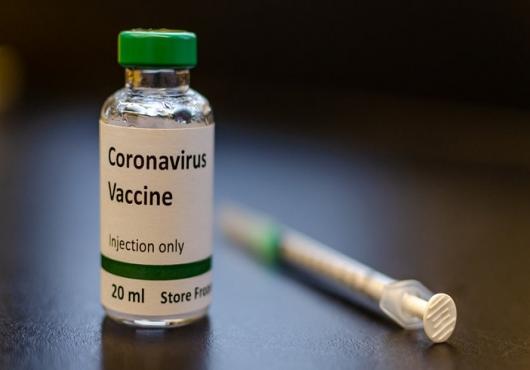
Global COVID-19 Pandemic Overview
The novel coronavirus pandemic has spread to over 210 countries and as of 10:45am CEST, 5 August 2020, there have been 18,318,928 confirmed cases of COVID-19, including 695,043 deaths, globally, as reported to World Health Organization. This has led scientists and medical community across the globe to accelerate the development of a vaccine for the novel coronavirus. There are currently over 160 different vaccine candidates in the pipeline to protect against COVID-19 27 out of these have already reached the crucial human trials phase.
COVID-19 Vaccine Development Efforts
The Covid-19 vaccine being developed by Oxford University and AstraZeneca has demonstrated significant potential in generating immune response against the novel coronavirus. Serum Institute of India signed a pact to manufacture the Oxford-AstraZeneca Coronavirus vaccine and has received approvals to start critical phase III vaccine trials in India. The vaccine is also undergoing Phase III (last stage) of human trials in the U.K., Brazil, and South Africa
Now, the question arises as to who is first in line to get the coronavirus vaccine. The answer seems to be far away from simple. So far, Serum Institute of India is the largest producer of the novel coronavirus vaccine and has partnered with AstraZeneca to produce COVID-19 vaccine for India and other low and middle-income nations.
Several healthcare experts and researchers are optimistic regarding year-end or early 2021 availability of the vaccine. However, a debate is on the rise as to how the COVID-19 dosing will be done with developed countries already signing billion-dollar deals to ensure their supply of Covid-19 vaccines. In July 2020, Pfizer Inc. and BioNTech SE signed an agreement with the Ministry of Health, Labor and Welfare (MHLW) in Japan to supply 120 million doses of BNT162 mRNA-based vaccine candidate against SARS-CoV2, subject to clinical success and regulatory approval, beginning in 2021. Earlier, both the companies had signed an agreement with the U.S. Department of Health and Human Services and the Department of Defense to deliver 100 million doses of BNT162 if it proves safe and effective.
Vaccine Distribution and Priority Groups
Traditionally, front line workers, including the health care workers and first responders are the first to be vaccinated against a highly infectious disease. Moreover, volunteers who were dosed with placebo shots during the trials should also be given preference. However, there could be several arguments as to who gets the priority once the front-line group receives the vaccine, especially when the most potential vaccines require two doses. The World Health Organization has a task at hand to ensure fair distribution of the vaccine even when developed economies are busy securing huge deals. Some experts have suggested giving priority to regions that have witnessed the highest burden of the pandemic. In the U.S., the Centers for Disease Control and Prevention has set up the Advisory Committee on Immunization Practices, which is expected to have a say as to who gets the vaccinate and when. In such a situation, drive-through vaccinations, pop-up clinics and other innovative ideas are expected to play a major role.






